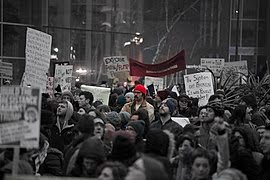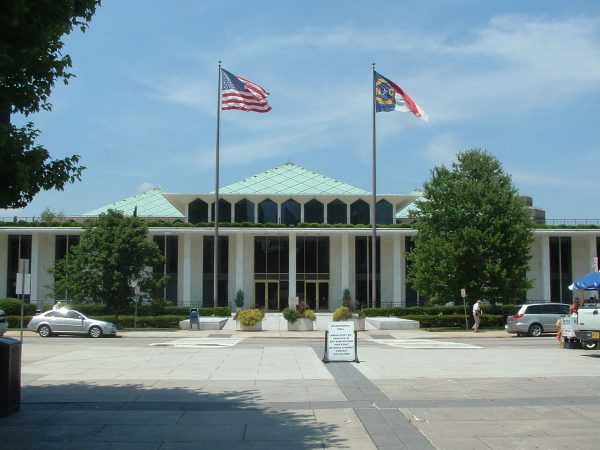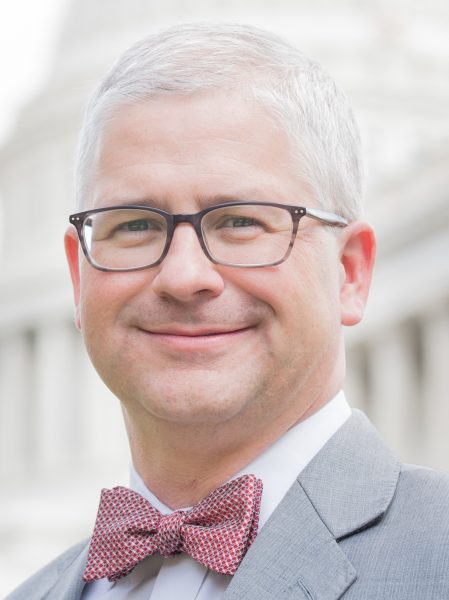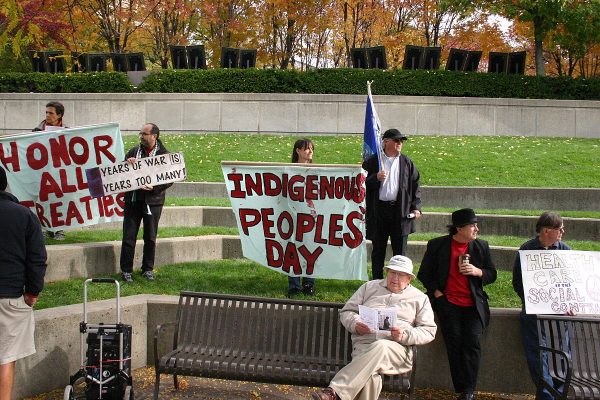Staff Editorial: Teaching Black history in America for social justice
Public schools in America are often seen as neutral spaces where students from all walks of life have access to an equal and just education. However, public schools embedded in the country’s political climate are influenced by political ideology. In moving toward a more socially just America, many educators and students critically analyze curriculum, engaging in conversations about the injustice faced by many in America. These discussions surrounding injustice are increasingly being challenged. One challenge to confronting injustices that are a part of our country’s history is legislation, passed in several states, that bans the teaching of critical race theory in public schools.
According to Education Week, critical race theory is a legal analysis framework developed almost 40 years ago by legal scholars including Derrick Bell, Kimberlé Crenshaw and Richard Delgado. The central concept of the framework states that race is a social construct and is embedded in our structural and legal systems. Critical race theory argues that racism is a part of everyday life and is often perpetuated by legal policies and practices.
After the banning of critical race theory in some states, teachers, now in fear of losing their jobs, feel they must censor their lessons. On Jan. 15, an executive order issued by Virginia Gov. Glenn Youngkin calls for an end to “the use of inherently divisive concepts, including Critical Race Theory, and to raise academic standards.” In addition, the order states that “Inherently divisive concepts, like Critical Race Theory and its progeny, instruct students to only view life through the lens of race and presumes that some students are consciously or unconsciously racist, sexist, or oppressive, and that other students are victims.” According to insider.com, the state of Virginia has launched a tip line that allows parents to email the state government to report any teachers they believe are acting “objectionably”.
To teach American history, teachers have to teach black history. But now policies enacted across the U.S. are equating the teaching of concepts related to race, racism, and intersectionality with critical race theory, creating uncertainty about how educating students about black history will continue. “What Is Critical Race Theory, and Why Is It Under Attack?” an Education Week article, raises this important question: “Could a teacher who wants to talk about a factual instance of state-sponsored racism—like the establishment of Jim Crow, the series of laws that prevented Black Americans from voting or holding office and separated them from white people in public spaces—be considered in violation of these laws?” Teaching about racially systemic practices could place teachers in a tough spot and raises questions about censorship.
Black history is American history; thinking critically about unjust policies influenced by racial bias and discussing such practices is an important step toward dismantling them. At Guilford College, we are encouraged to think critically about the structural systems that govern us and, as a community, work toward social justice as part of our Quaker values. The Guilfordian believes all students should have access to a fair and just education. That means teachers must have the freedom to engage their students in truthful conversations about race and racism. Some of these conversations might begin during Black History Month – and continue from there.










